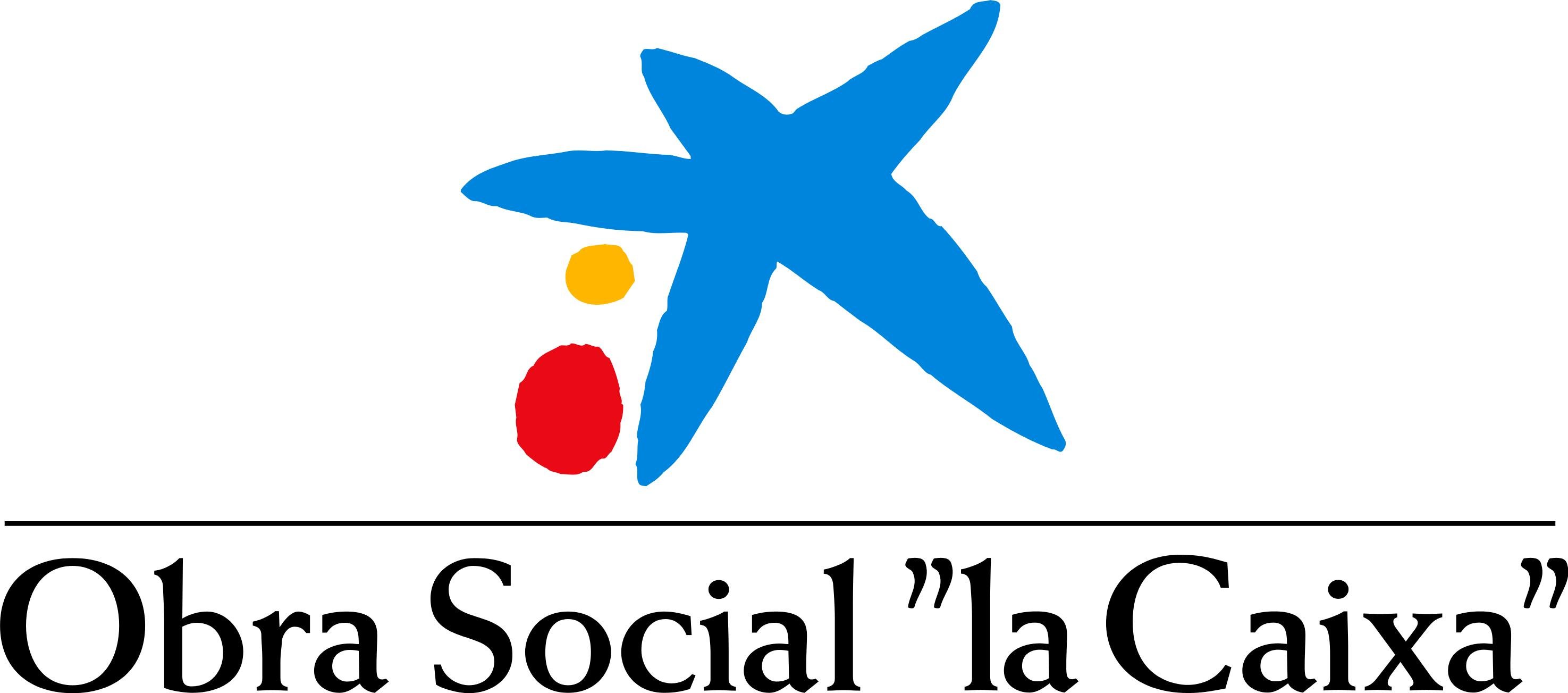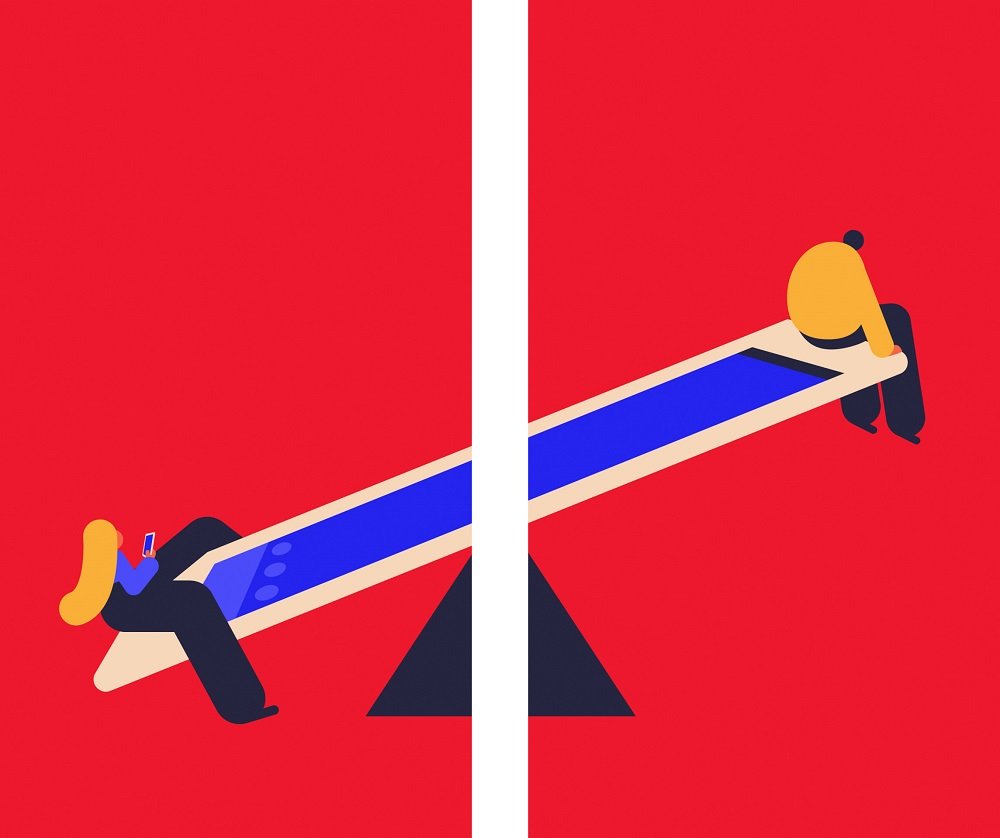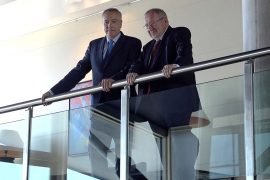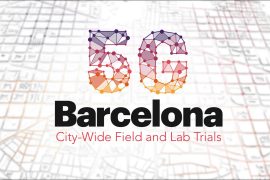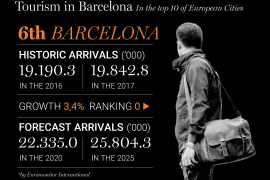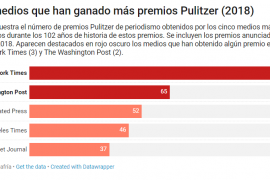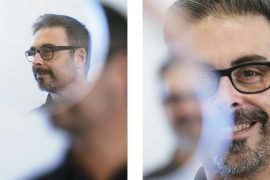It is impossible not to reflect on the topic when talking about ProFuturo. This program, promoted by Obra Social “la Caixa” and Fundación Telefónica, works to reduce the educational gap in the world by bringing the digital universe closer to children and teachers from low-resource settings in 23 countries in Latin America, Africa and Asia. Last July, the head of relations with universities and chairs of Telefónica Spain, Alejandro Chinchilla, volunteered at the school of the Aliñambi Foundation in Quito (Ecuador), an experience that made him realize how the reality of 170 children and eight teachers had taken a U-turn.
“Not knowing how to use technology is like having a house with no access to electricity or running water. You stay isolated and you miss a lot of opportunities“, says Alejandro. Then, he tells us that during the 11 days of volunteering, they taught the children, through interactive programs, knowledge about values, environment or how to follow a healthy diet. According to Alejandro, their smiles showed that being in contact with something as normal for us as tablets or computers filled them with enthusiasm and motivated them to learn. And best of all, after those lessons, those kids started writing their future.
“To study, we needed money first. Now we can do it much more easily, thanks to the tutorials or free educational platforms that are available on-line. The wonderful thing about ProFuturo is that children have the possibility to get to where they want, even if they do not have money to pay the tuition“, Alejandro insists. “What I liked the most was seeing the eagerness that we were transmitting to these children,” he adds.
Among all the students of the school, one of the biggest changes was appreciated in a group of 14-year-old girls who were also single mothers. Before immersing themselves in the course, they believed that they would not have a different future than that of being mothers and marrying, so that a man could support them. However, the volunteers made them see that, in reality, they had always had an infinite range of possibilities. “It was important for them to realize that they were not limited by having a child. That they could do whatever they wanted. That now they had a new door (internet) in front of them, waiting to be opened at any time. A door that, for them, did not exist before. You should have seen their faces while they were listening to us!”, says Alejandro.
And so that the teachings of the volunteers were not blown away by the wind, they also trained the teachers. “Now everything is handled through technology. As teachers, we have to be immersed in information and communication technologies. What better subject to teach to our students?” Says the first-grade teacher of Basic Education, Maribel Alava, when talking about some of the tools with which, according to her, they can partially offset the disadvantages that have always experienced their students.
As Alejandro explains, “some of the boys and girls come from fragmented families or are alone in life”, that is why he thinks that the self-sufficiency that the technology will give them could bring a greater confidence in themselves. A confidence that will encourage them to achieve their goals. “Some may end up being lawyers, journalists and doctors who dream of being older”. The most important is that they have already taken the first step.
Text: Alba Losada
Illustrations: Magoz
You can read more stories like this on ALMA, the social social media, a digital space devoted to the social field, which brings a new look at the present and the future of society, from an optimistic and diverse point of view, and from all the initiatives that “la Caixa” Foundation promote.

